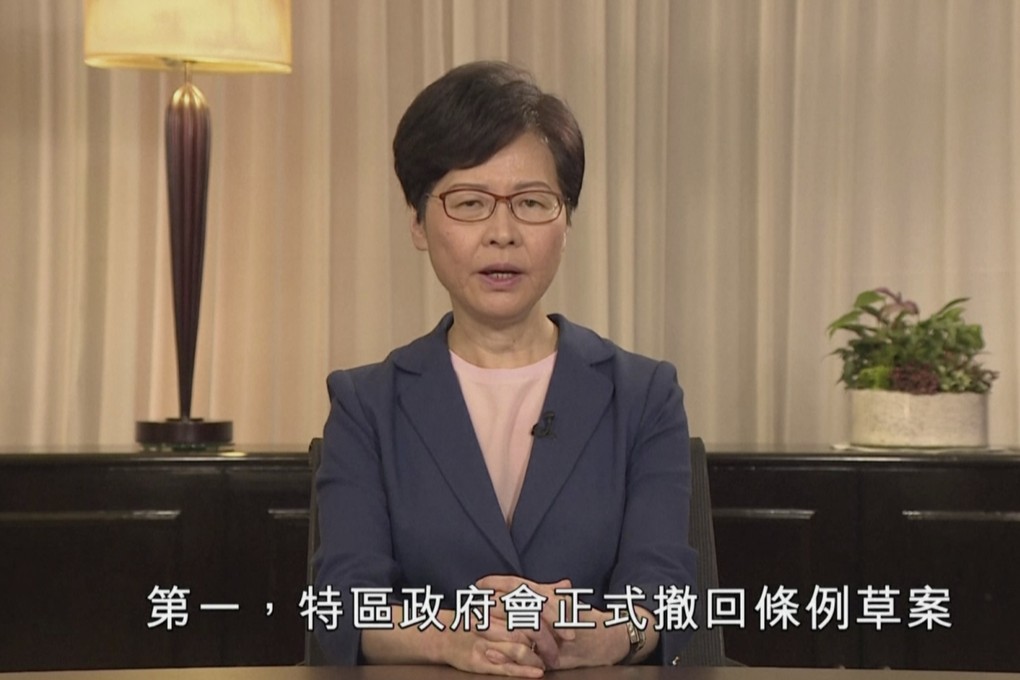Editorial | Independence key to panel probing police handling of protests
- Beefed-up IPCC inquiry must receive cooperation from all sides, be seen as transparent and spare no effort to build public confidence in fact finding

If one decision by the chief executive could come to define her attempt to defuse the political crisis, it is to opt for a beefed-up Independent Police Complaints Council, advised by an expert panel from overseas, to look into police actions during three months of turmoil. It could turn out to be a meaningful concession. But it is also a rejection of a demand by protesters for an independent commission of inquiry that has garnered broad-based support, including from this newspaper. Even IPCC chairman Anthony Neoh urged the government not to rule out such an inquiry, which may have been able to exercise wider powers to get to the bottom of alleged conduct issues involving police and protesters.
With Lam having chosen another direction, there will be a heavy focus in coming weeks on the IPCC, which is drawn from a wide spectrum of society but excludes former police officers and government employees. More will be expected of it than its usual role of reviewing outcomes of police investigations of police. The reinforcements called in by Lam are interesting. The appointment of two new government-friendly members can be seen as giving the IPCC full backing, and thus empowering it, or by critics as political oversight. The international expert panel to advise the watchdog is chaired by a Cambridge University criminologist who handled the 2011 riots in Britain as chief inspector of the police inspectorate, and is the author of many reports that have become standards in public order policing. The other four are from Britain, Australia, Canada and New Zealand.
It was plain yesterday that Lam is trying to build up the credibility of the IPCC. She went out of her way to draw its attention to the July 21 incident in Yuen Long in which a mob of white-clad thugs brutally beat bystanders and police allegedly arrived late at the scene.
It is impossible for her to win over radicals with her initiatives so far, but to some on the middle ground at least they are welcome. To be meaningful in that regard the IPCC inquiry must meet some benchmarks, such as being seen to be independent and transparent and giving panel members the right to issue minority reports. Furthermore, to confound public scepticism, it needs to be prepared to spare no effort to build public confidence in its ability and even-handedness in unearthing the facts about the actions of both protesters and police.
If the police force feared an independent inquiry would be a means of scapegoating its officers, the IPCC is a proven established mechanism that can expect cooperation, despite assumptions to the contrary by some. Without it, demands for a separate independent inquiry will not go away and rebuilding relationships with a large section of society can only be more difficult.
